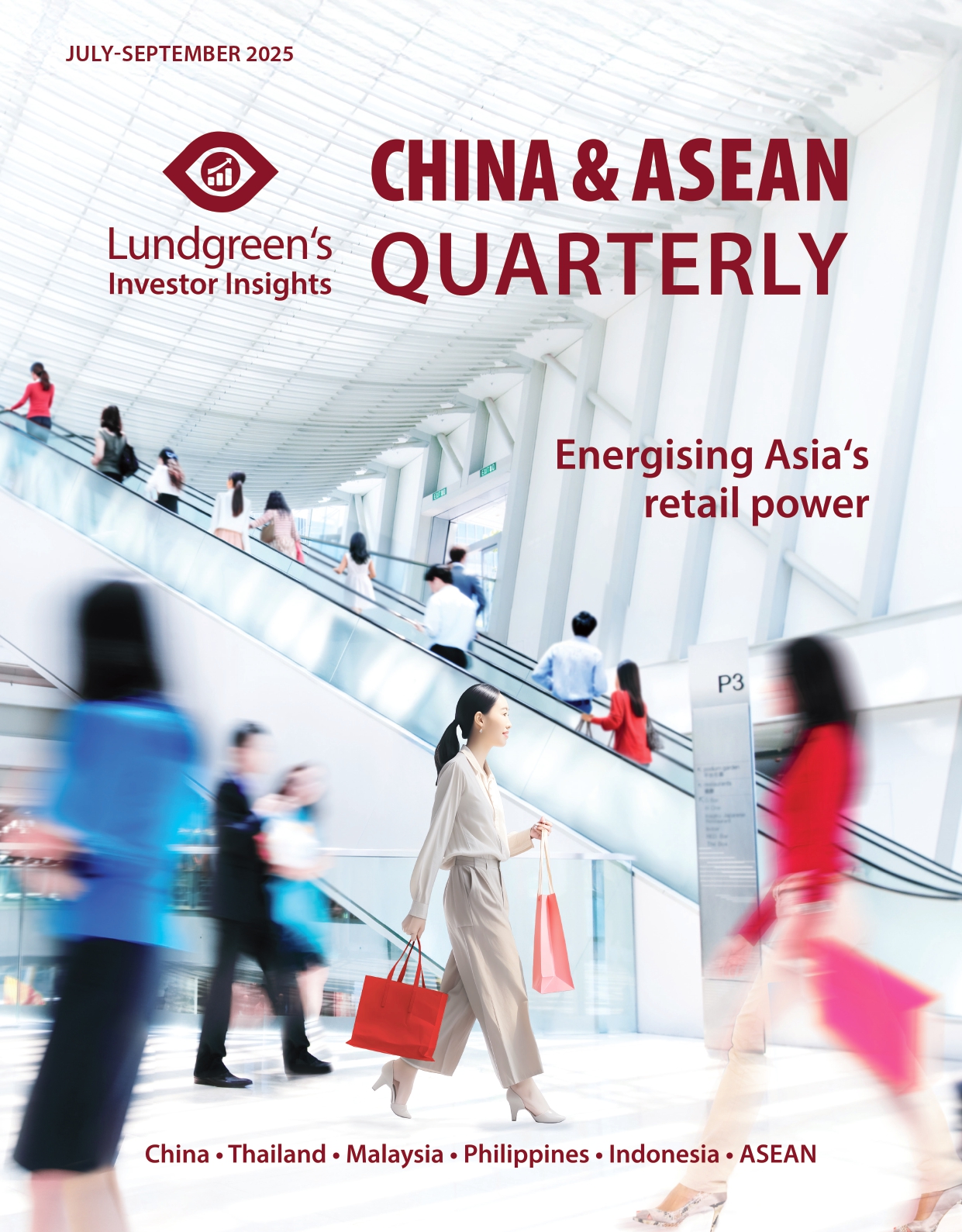Breeding ‘unicorns’ in Southeast Asia
Southeast Asia has been leading global growth in recent years, providing an alternative investment destination for market players in search for long-term competitive gains.
Upbeat economic expansion within the region has encouraged more entrepreneurs to start new business ventures with the goal of reaching “unicorn” status, meaning privately held companies valued above USD 1 billion. Eqvista, an equity management software firm, counts 1,549 unicorn companies globally which are cumulatively worth USD 5.3 trillion. Of these, 42 are based in Southeast Asia which are valued at USD 95 billion, barely 2 per cent of the worldwide total.
Singapore leads with 20 unicorn startups that include ride-hailing and food service app Grab (USD 3 billion), online shopping platforms Moglix (USD 3 billion), and logistics service Ninja Van (USD 2 billion). As seen in Graph 1, this is followed by 10 founded in Indonesia, five in Vietnam, three each from the Philippines and Thailand, and one from Malaysia.

In particular, technology startups have been rapidly expanding in the region, with their combined value said to have tripled over the last five years according to a report. The Founders Forum Group said 83 per cent of investments in Southeast Asian tech startups came from abroad, proving that opportunistic global investors are seeing the value of investing in new businesses from the region. Funds raised from venture capital totalled USD 7.6 billion in 2023, second to the USD 7.8 billion that went into tech startups based in the UK.
Further, there are also hundreds of so-called “soonicorns” – short for soon-to-be unicorns – within Southeast Asia, ranking second globally next to France. These show that there are new and promising investment opportunities within the region at a time of soft global demand.
Unicorn hatchery
There has been growing interest towards ASEAN startups in recent years with investors largely encouraged by the emergence of successful unicorns from the region. Those in search for growth look to Asia, particularly Southeast Asia, for good returns as mature economies like the eurozone struggle with growth.
Singapore is particularly considered as the local unicorn hub, ranking 11th among 53 countries which have incubated unicorns, according to the Global Unicorn Index 2024 of the Hurun Research Institute. However, the report said the rest of the region has been underperforming as far as the growth of unicorns is concerned mainly because it has not made the most of the huge consumer market that they can potentially cater to. The US and China are the global leaders in the creation of successful unicorn startups.
What makes Southeast Asia a good incubator for startups? For one, upbeat economic growth, particularly private consumption, translate to ever-growing demand for products and services introduced by businesses. A young and growing population also supports business prospects as domestic demand will likely keep expanding, in contrast to aging and shrinking populations of Japan, China, sand Eastern Europe. There is also an abundance of educated, technology literate, and highly skilled labour in Southeast Asia, which is particularly true in the case of Vietnam, the Philippines, and Indonesia.
On the flipside, starting a business in emerging markets usually require dealing with red tape issues as these economies tend to be regulated by less mature governments. Except for Singapore that ranked second globally, Southeast Asian economies rank relatively lower in the World Bank’s Ease of Doing Business index as of 2019. Malaysia ranked 12th out of 190 economies, followed by Thailand (21st), Brunei Darussalam (66th), Vietnam (70th), Indonesia (73rd), and the Philippines (95th).
Juxtaposing Graphs 1 and 2 provides interesting insights regarding the inverse relationship between the thickness of the bureaucracy and an economy’s ability to foster a unicorn startup. To cite an example, the Philippines that has an average of 13 procedures for business registration applications currently has three unicorn startups. In contrast, Singapore, which had a two-step requirement to register startups, has nurtured 20 unicorns thus far.

Driving growth
Another factor driving the increase in Southeast Asian startups is the availability of funding. Beyond seeking support from venture capital (VC) firms, households are able to channel their savings into funding innovative products and concepts to eventually creating their own businesses. The Asian Development Bank sees this as a good sign as this is in line with the view that a vibrant private sector is necessary to unlock faster economic growth.
Technology startups dominate the space, particularly those engaged in financial services, e-commerce, and digital solutions providers. This is not surprising given that these countries are in catch-up mode in areas like financial inclusion, technology adoption, and wider internet connectivity. Holders of private capital, whether VCs or household savers, are more confident to invest in fledgling businesses which they see as offering substantial value and has exhibited strong potential to expand.
Growth startups are abundant in Southeast Asia, and this is in line with our overweight position in the region covering both listed and privately held companies. We remain upbeat towards investing in Southeast Asia as we see the robust economic growth sustained in the coming years despite some global headwinds. Strong domestic consumption will drive economic activity, and this will allow startups to further scale up.






